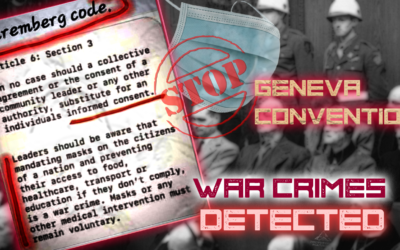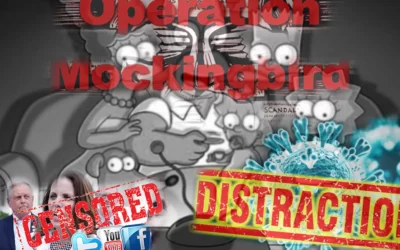Meeting the new couple next door can be an anxious business for even the most relaxed home owner. Will they be international drug traffickers? Have they got noisy kids with a penchant for electronic music? As worries go, however, having the US president move in next door must come fairly low on the list.
Unless of course you are a resident of northern Paraguay and believe reports in the South American press that he has bought up a 100,000 acre (40,500 hectare) ranch in your neck of the woods.
The rumours, as yet unconfirmed but which began with the state-run Cuban news agency Prensa Latina, have triggered an outpouring of conspiracy theories, with speculation rife about what President Bush’s supposed interest in the “chaco”, a semi-arid lowland in the Paraguay’s north, might be.
Some have speculated that he might be trying to wrestle control of the Guarani Aquifer, one of the largest underground water reserves, from the Paraguayans.
Rumours of Mr Bush’s supposed forays into South American real estate surfaced during a recent 10-day visit to the country by his daughter Jenna Bush. Little is known about her trip to Paraguay, although officially she travelled with the UN children’s agency Unicef to visit social projects. Photographers from the Paraguayan newspaper ABC Color tracked her down to one restaurant in Paraguay’s capital Asunción, where she was seen flanked by 10 security guards, and was also reported to have met Paraguay’s president, Nicanor Duarte, and the US ambassador to Paraguay, James Cason. Reports in sections of the Paraguayan media suggested she was sent on a family “mission” to tie up the land purchase in the “chaco”.
Erasmo Rodríguez Acosta, the governor of the Alto Paraguay region where Mr Bush’s new acquisition supposedly lies, told one Paraguayan news agency there were indications that Mr Bush had bought land in Paso de Patria, near the border with Brazil and Bolivia. He was, however, unable to prove this, he added.
Last week the Paraguayan news group Neike suggested that Ms Bush was in Paraguay to “visit the land acquired by her father – relatively close to the Brazilian Pantanal [wetlands] and the Bolivian gas reserves”.
The US presence in Paraguay has been under scrutiny since May 2005 when the country’s Congress agreed to allow 400 American marines to operate there for 18 months in exchange for financial aid.
At the time many viewed the arrival of troops as a sign that Washington was trying to monitor US business interests in neighbouring Bolivia, after the election of Evo Morales, a leftwing leader who promised to nationalise his country’s natural gas industry.
http://www.guardian.co.uk/world/2006/oct/23/mainsection.tomphillips



